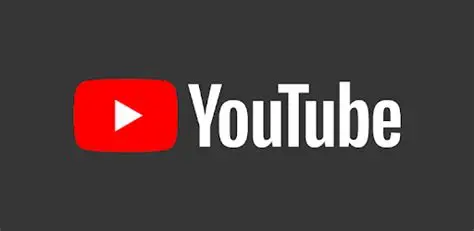Children under the age of 16 will be banned from having YouTube accounts from December, following a major policy reversal by the Albanese government. The Google-owned platform had previously been exempt from Australia’s national under-16s social media ban, but will now be included alongside other major services such as Facebook, TikTok, Instagram, and Snapchat.
The change will be formally announced on Wednesday by Prime Minister Anthony Albanese and Communications Minister Anika Wells. It follows advice from the eSafety commissioner, who warned that YouTube poses a significant risk to young users despite operating differently from traditional social media platforms.
Minister Wells said the government’s decision was driven by concerns over predatory algorithms and harmful content targeting children online.
“The Albanese government is giving kids a reprieve from the persuasive and pervasive pull of social media while giving parents peace of mind,” she said. “There’s a place for social media, but there’s not a place for predatory algorithms targeting children.”
YouTube, which had previously been granted a carveout by former Communications Minister Michelle Rowland, is expected to push back strongly against the inclusion. The platform had argued it functions more as a video-sharing site than a social media network. However, criticism from rival platforms, who labelled the exemption a “sweetheart deal” prompted renewed scrutiny. TikTok described the initial carveout as “irrational and indefensible”.
The eSafety commissioner, Julie Inman Grant, recently cited a study involving 2,600 children that found nearly four in ten reported exposure to harmful content on YouTube, more than any other platform.
While the legislation prevents children under 16 from creating accounts, it does not block access to content entirely; users can still watch videos without logging in.
From December, platforms will face fines of up to $49.5 million if they fail to take “reasonable steps” to prevent underage users from opening accounts. However, many tech companies have expressed concern over the vague legal language and a lack of guidance on what constitutes “reasonable steps”. The government has promised to provide further details in the coming months.
PM defends decision on YouTube
Albanese defended the decision, saying social media platforms had a “social responsibility”.
“Social media is doing social harm to our children, and I want Australian parents to know that we have their backs,” he said. “We’re making this decision independently of any threats from tech companies.”
YouTube had warned it would consider legal action if included in the ban, stating it provides “benefit and value to younger Australians”. The company is expected to make its position clear at its annual “Google at Parliament House” event on Wednesday evening. The high-profile function, featuring performances by The Rubens and appearances by popular YouTube creators like the Mik Maks and Never Too Small, is widely attended by MPs and political staffers.
In contrast to social media platforms, the government has confirmed that online gaming services, messaging apps, and health-related platforms such as Kids Helpline’s MyCircle and Google Classroom will not fall under the ban. These services are considered to serve essential educational or mental health functions.
Wells said the new rules are a step in the right direction, even if not a perfect solution.
“We want kids to know who they are before platforms assume who they are,” she said. “There is no one perfect solution when it comes to keeping young Australians safer online but the social media minimum age will make a significantly positive difference to their wellbeing.”



